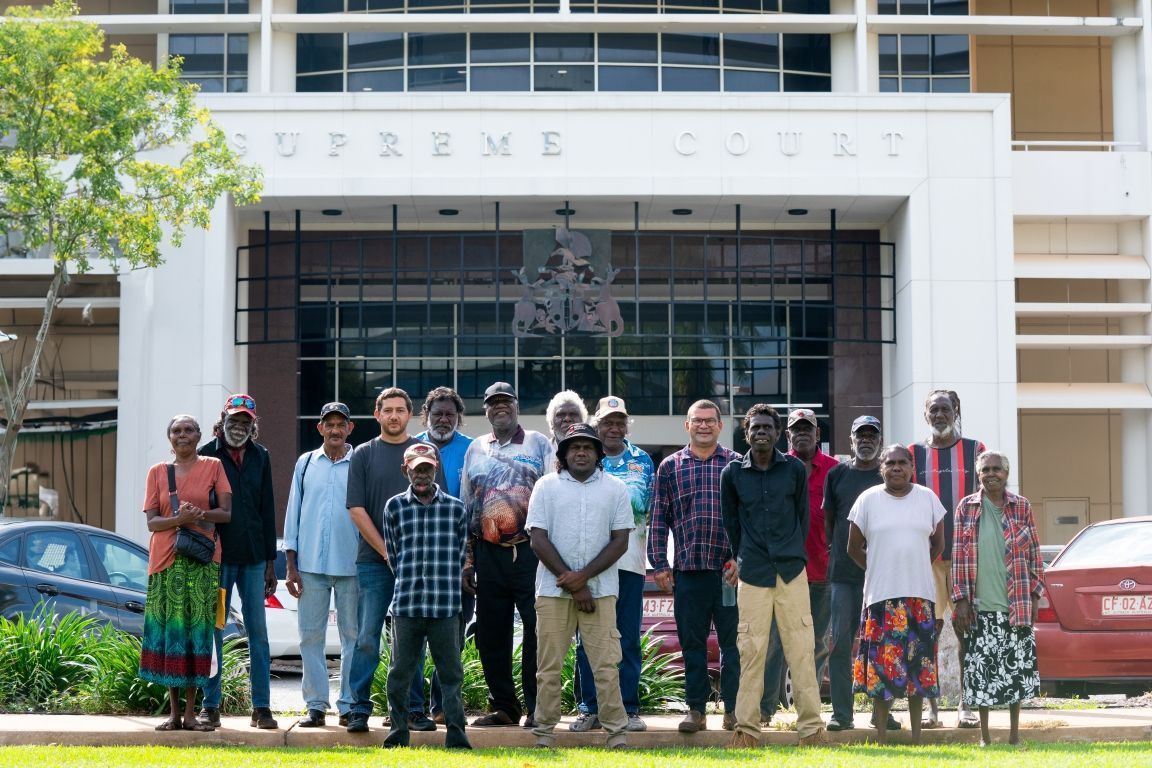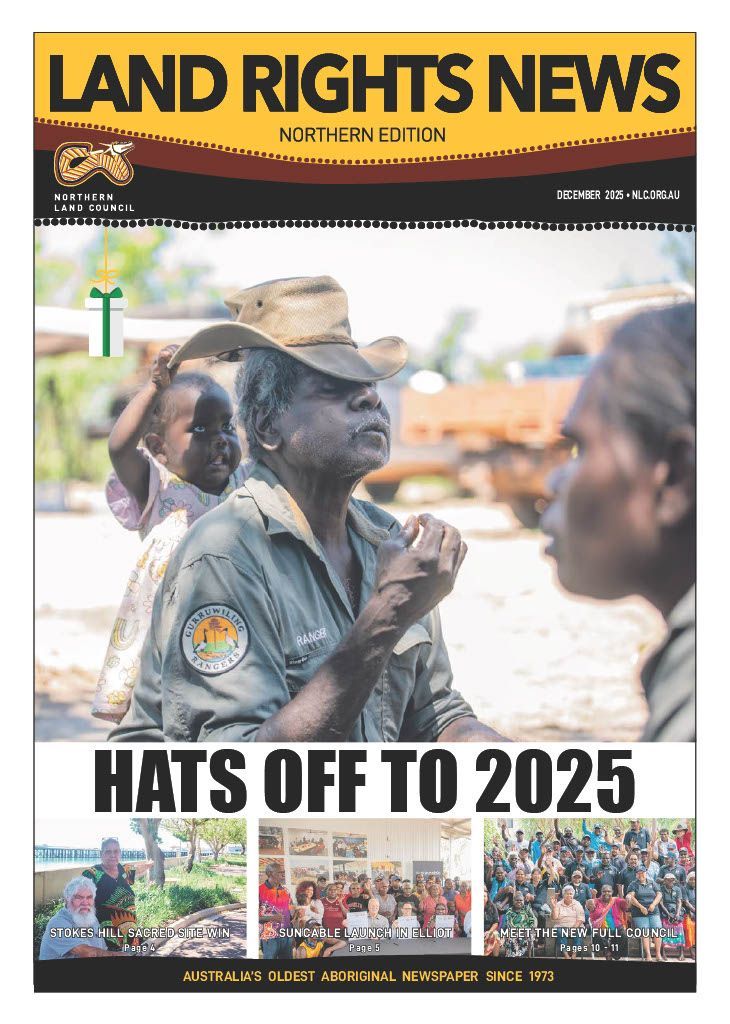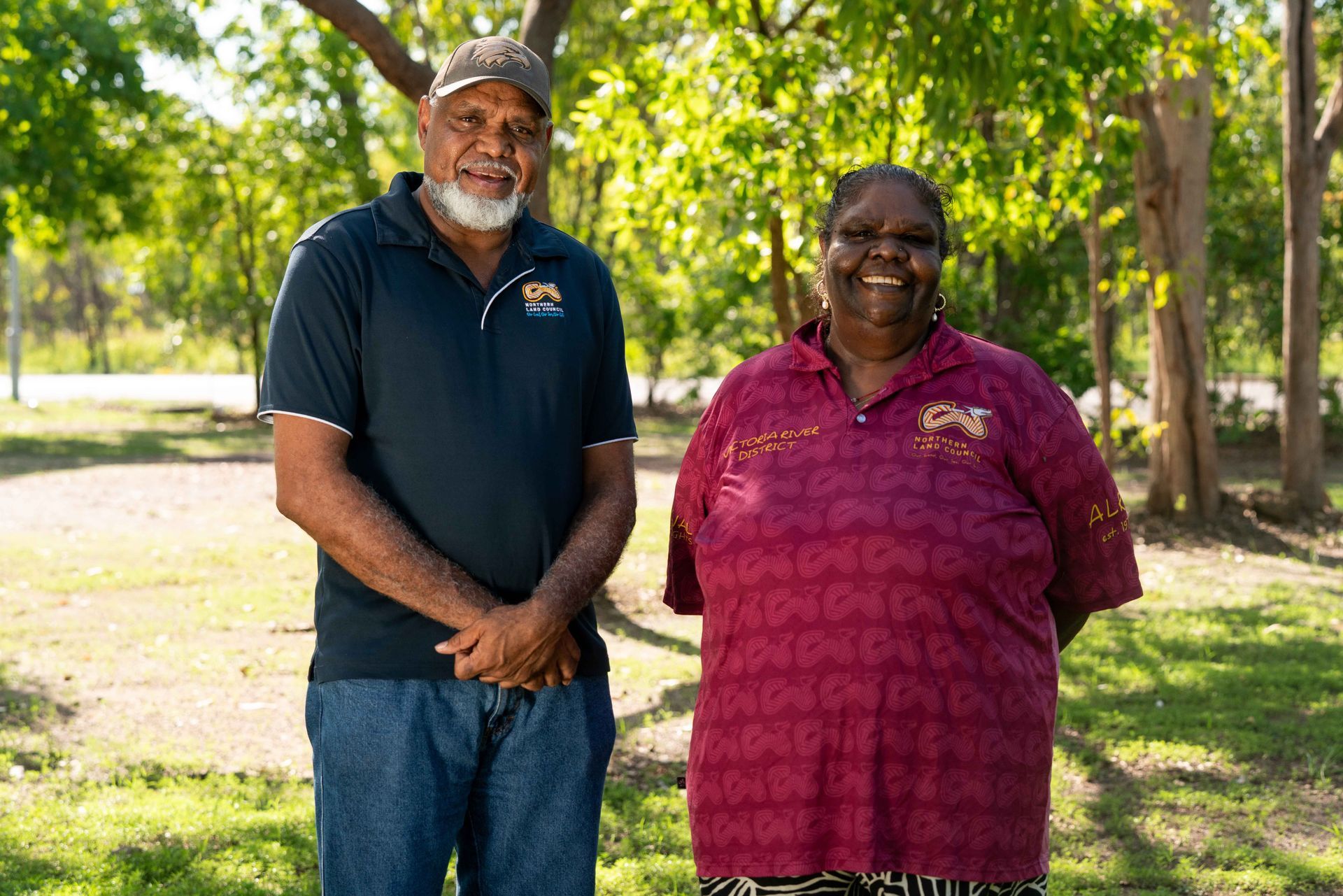Our Land, Our Sea, Our Life

Northern Land Council
The Northern Land Council is responsible for assisting Aboriginal peoples in the Top End of the Northern Territory to acquire and manage their traditional lands and seas.
OUr Council
The NLC’s Full Council is the major decision-making body within the organisation. The Full Council consists of 78 members, as well as five additional women’s positions, elected from across the NLC’s seven regions.
Our History
The NLC traces its roots back to the Aboriginal struggle for justice and land rights. In 1973 the Woodward Commission of Inquiry into the appropriate way to recognise Aboriginal land rights in the NT was announced. The NLC was formed in the same year to assist with the work of the Commission.
LAND RIGHTS NEWS
We publish Australia’s oldest Aboriginal newspaper and distribute it free-of-charge.
Sign up to receive your copy of Land Rights News by mail or subscribe to our digital version, direct to your inbox.



